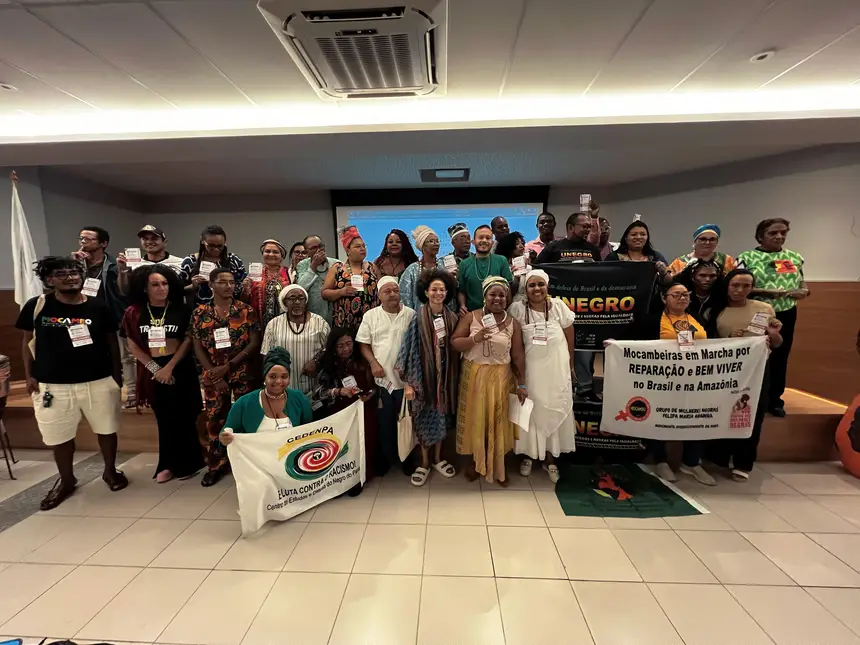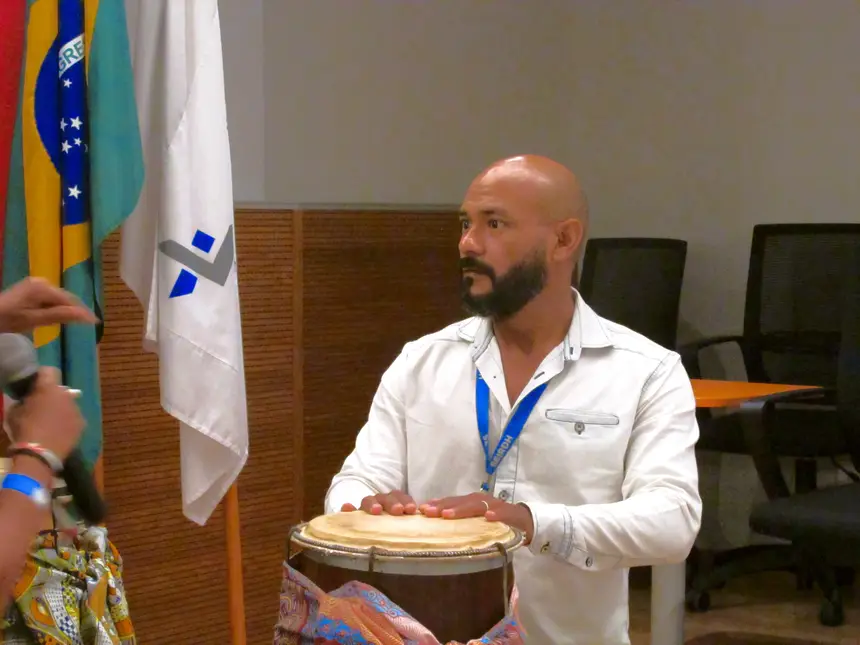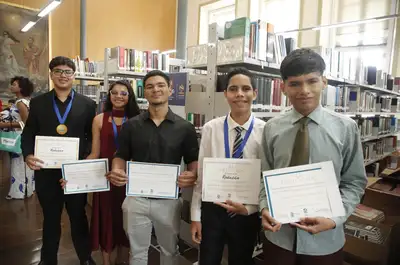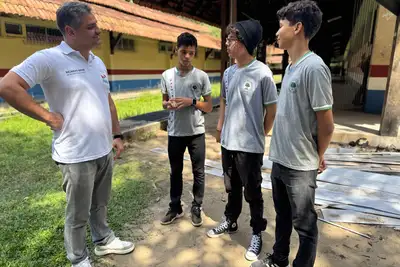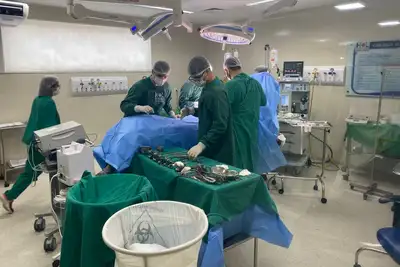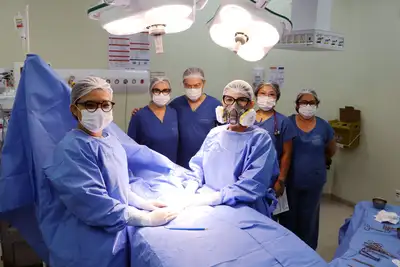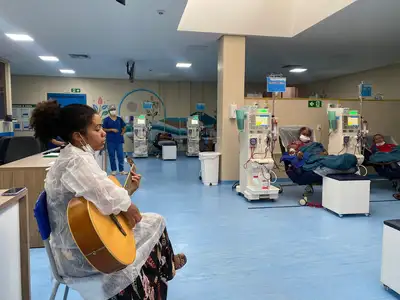5th State Conference on the Promotion of Racial Equality defines proposals and delegates for the national stage
The event brought together more than 300 participants in Belém and reinforced the commitment of the Government of Pará to racial justice and democracy
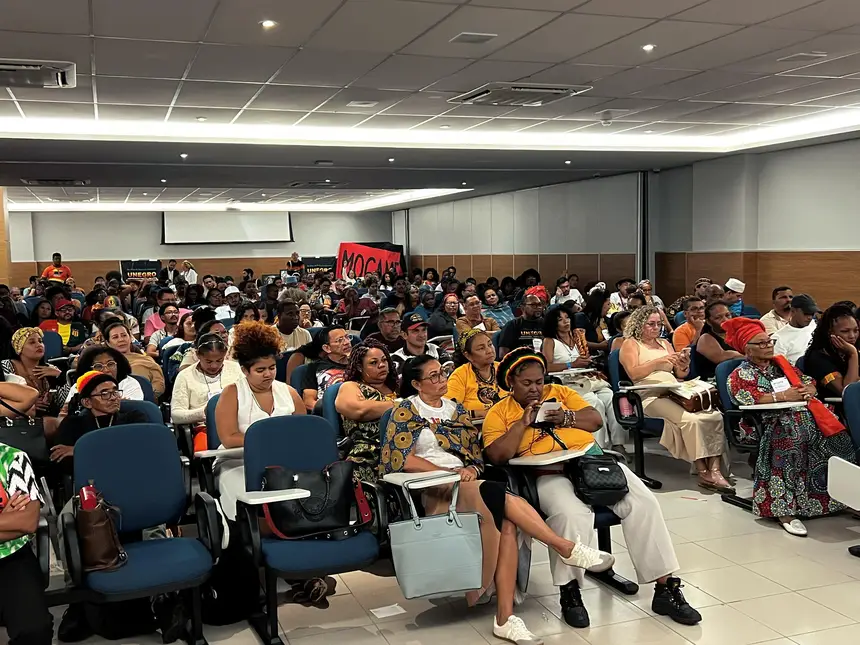
With the participation of more than 300 people, including 210 delegates from 24 municipalities in Pará, the Government of the State of Pará concluded, on the night of this Thursday (21), the 5th State Conference on the Promotion of Racial Equality (Coepir). Held at the Alcindo Cacela II campus of Cesupa, in Belém, the event was promoted by the State Secretariat for Racial Equality and Human Rights (Seirdh), in partnership with the State Council for the Promotion of Racial Equality Policy (Coneppir).
During two days of programming, proposals for public policies to combat racism and promote equity were discussed, in addition to the election of the 63 delegates who will represent Pará at the national stage of the conference, scheduled to take place from September 15 to 19, in Brasília (DF).
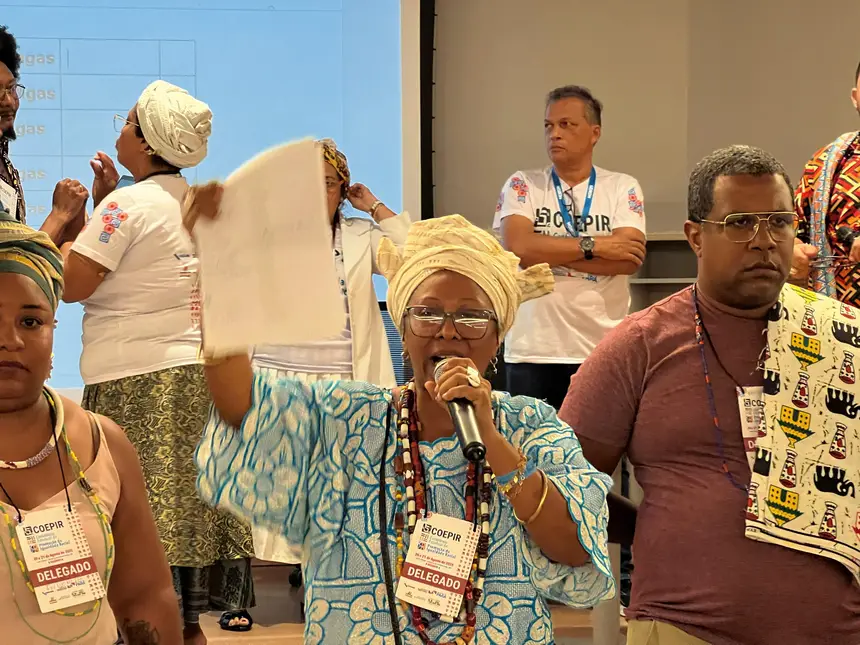
Dialogues and articulation for racial justice - Under the theme “Equality and Democracy: Reparation and Racial Justice,” the state conference featured representatives from federal, state, and municipal governments, as well as social movements and academic institutions. Representatives from the Ministry of Racial Equality (MIR), the Ministry of Human Rights and Citizenship (MDHC), the State Secretariat of Finance of Pará (Sefa), the Public Ministry of the State of Pará (MPPA), the Legislative Assembly of Pará (Alepa), the City Hall of Belém, the Malungu association (which represents quilombola communities), and Coneppir itself were present.
At the opening, the keynote conference was led by historian and professor at the Federal University of Rio de Janeiro (UFRJ), Flávio Gomes, who addressed the theme “Structural Racism and Racial Equality Policies in Brazil.” Also participating in the thematic tables were professor Jacqueline Guimarães (CRESS-PA), the coordinator of Racial Equality at Seirdh, Roberta Sodré, and sociologist Domingos Conceição.
Proposals and representativity - On Thursday (21), participants divided into Working Groups (GTs), organized around three main axes: democracy, reparation, and racial justice. From the debates, 15 priority proposals were consolidated, which will be taken to the national conference by 63 elected delegates, including 53 representatives from civil society and 10 from the public sector.
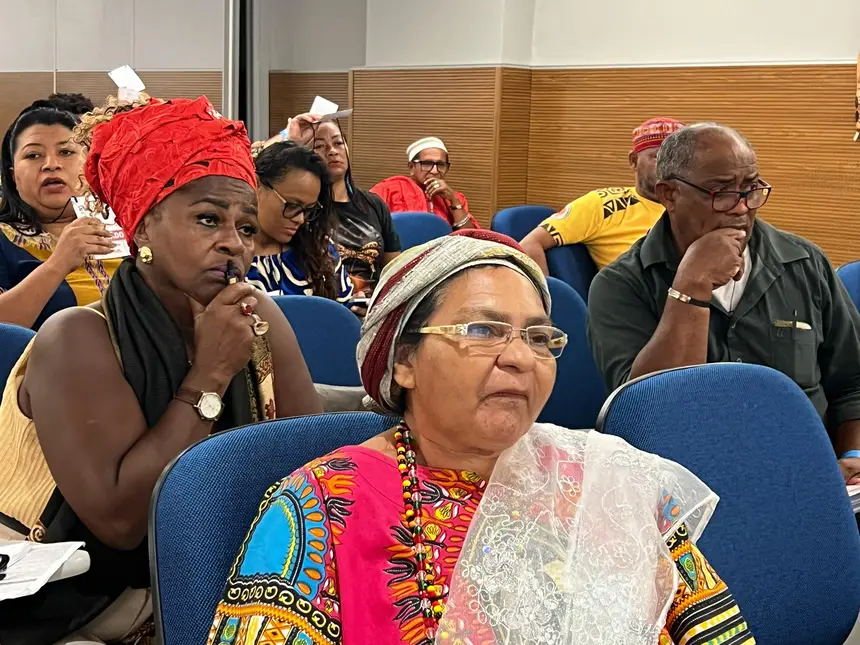
The head of Seirdh, Edilza Fontes, highlighted the breadth of social participation in the conference. “We will have a very strong presence in Brasília at the national conference. Our commitment is to ensure that Pará is well represented. I am very happy; we managed to conduct this conference without major problems, with increasingly vibrant participation. Long live our conference, racial equality, justice, reparation, and democracy in Brazil with the participation of the black people,” she stated.
Space for black entrepreneurship - During the two days of the event, black and quilombola entrepreneurs had the opportunity to showcase and sell their products at a cultural fair, highlighting handicrafts, crochet, Afro fashion, bio-jewelry, and traditional cuisine. The initiative strengthened the economic visibility of the communities and promoted the circulation of income among participants.
The deputy coordinator of the Law course at Cesupa, Natália Simões Bentes, emphasized the importance of the partnership between the university and social movements. “It is important for the university to open this space to raise awareness among students and promote education in human rights. We need to recognize that civil society exists, that social movements are very important for the realization of fundamental rights in Brazil. With the entrepreneurs' fair, students were also able to understand the different cultural manifestations in this process of entrepreneurship from the communities and also encourage the circulation of income,” she evaluated.
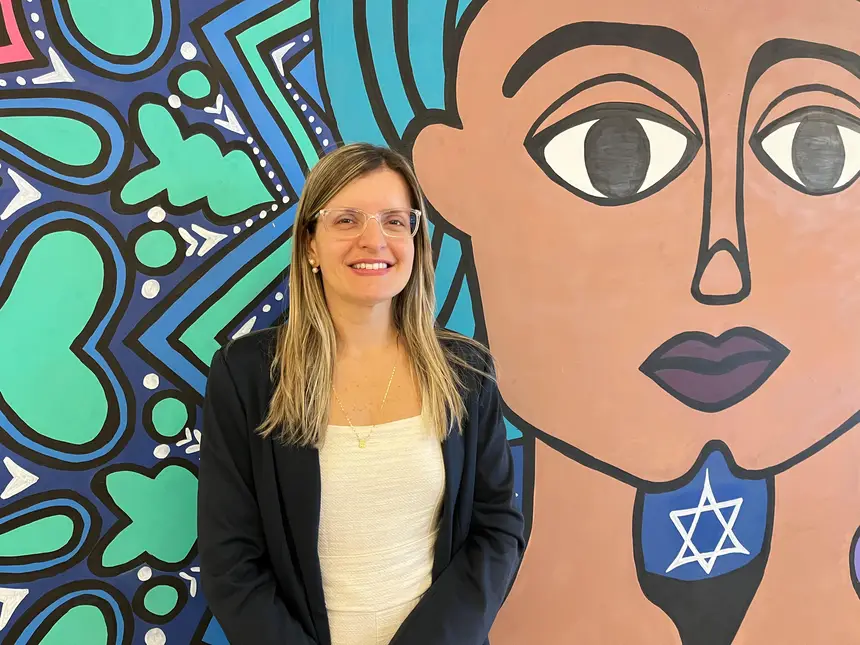
Path to the national stage - With the conclusion of the state stage, Pará is now preparing to contribute to the national debate on public policies for racial equality. The 5th National Conference on the Promotion of Racial Equality will be a milestone in the construction of strategies to confront structural inequalities and is expected to gather representatives from all Brazilian states in September, in Brasília.
Text: Fernanda Graim / Ascom Seirdh


